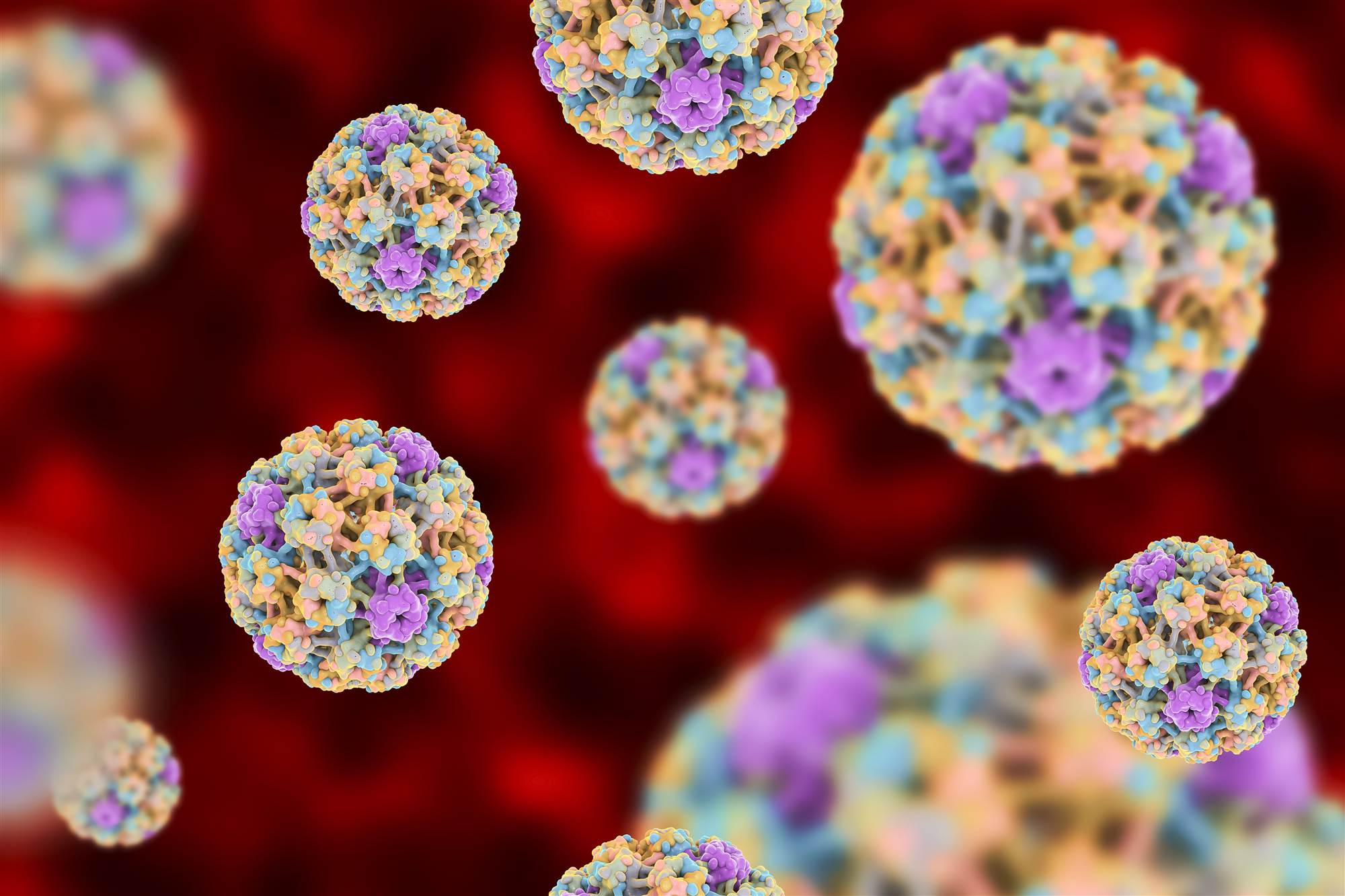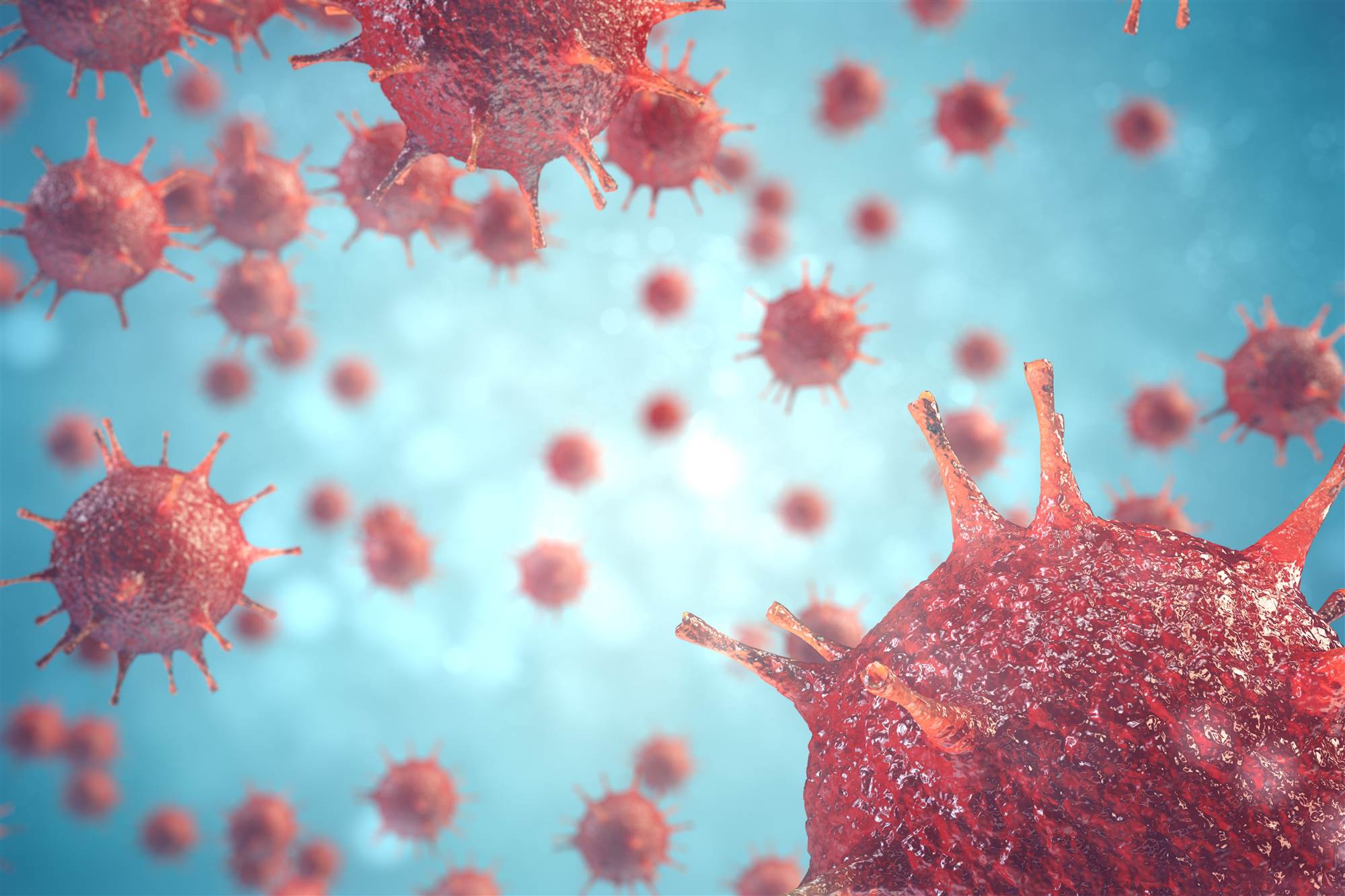There are a few reasons cervical cancer is known as a silent killer among women. For one, the disease doesn't present any symptoms until it is at a later stage. This makes the illness tricky to catch early, and complicates treatment. “Cervical cancer is a slow onset cancer, so by the time someone is showing symptoms it’s usually more advanced,” explains gynaecologist Dr Lauren Streicher.
Cervical cancer symptoms are also non-specific. “Non-specific symptoms can mean many other things, so just because you may exhibit these symptoms, it doesn’t automatically mean cervical cancer. Get them checked out, but chances are it’s nothing serious,” Dr Streicher explains.
The good news is that all Australian women are entitled to a subsidised Cervical Screening Test. The test replaces the Pap test. You are eligible to have your first test when you turn 25 or two years after your last Pap test. Cervical screening occurs every five years after that.
But if you experience any of these symptoms in between your tests, it doesn't hurt to get them checked out. (Just remember: Many of these signs of cervical cancer are also signs of common, benign issues, so no need to freak out quite yet.)










PALMIHELP ©Getty Images
Bleeding or spotting
According to gynaecologist Dr Kecia Gaither, unexplained bleeding can be a sign of cervical cancer. “Symptoms of cervical cancer are vague, and can mean many things, but bleeding in between periods, bleeding after intercourse, or after menopause can all be signs of cervical cancer,” she explains.
This also includes heavier than usual menstrual bleeding, bleeding after a pelvic exam, bleeding after douching, or longer-than-usual menstrual periods.
PALMIHELP ©Getty Images
Foul-smelling discharge
There are many reasons for vaginal discharge, but Dr Gaither explains that if it is watery and foul smelling, there may be cause for concern. While having vaginal discharge that's clear to milky white and stretchy is completely normal, fishy-smelling discharge could be a sign of an infection. Of course, abnormal vaginal discharge is more common than not, so don’t freak out right away.
PALMIHELP ©Getty Images
Persistent pelvic pain
Lower back and pelvic pain can be linked to problems with the reproductive organs which include the cervix. Dr Gaither warns that “persistent back pain” is what to look out for. If you begin feeling it closer to your appendix, that can mean the cancer is in a later stage. Speak to your doctor immediately.
PALMIHELP ©Getty Images
Pain during intercourse
Tumour growth throughout the tissue of the cervix will cause pain during intercourse for women with advanced stage cervical cancer. “Pain or bleeding from sex can mean many non-serious things as well,” Dr Streicher says. “It can mean inflammation of the cervix, a vaginal infection or cervical polyp - all of these are non-serious causes - which is why the general mantra is that if anything doesn’t seem right and is consistent, get it checked out.”
PALMIHELP ©Getty Images
Abnormal pap smear
If you get abnormal pap smear results, don’t freak out that it’s cervical cancer right away. Your doctor will review the results to see what types of abnormalities were found. Not all cell abnormalities found in the cervix are cancer. Sometimes your doctor may order further testing to confirm results.
PALMIHELP ©Getty Images
Loss of appetite or unexplained weight loss
As with many cancers, loss of appetite or unexplained weight loss can be a cause for concern. This symptom on its own does not mean cervical cancer, if you’re experience a wide array of these warning signs, in addition to a loss of appetite or weight loss, talk to your doctor.
PALMIHELP ©Getty Images
Extreme tiredness
Fatigue is a broad symptom that can come and go and shouldn’t be used as a marker for cervical cancer on its own. However, if you’re experiencing many of these symptoms along with extreme fatigue, it's worth mentioning to your doctor.
PALMIHELP ©Getty Images
Leg swelling or pain
Leg pain or swelling is a sign of cervical cancer, though it might not show up until later stages of the disease, says surgeon Dr Christine Horner. "Cervical cancer can spread to lymph nodes in the area between the hip bones. Cancer cells can also stop lymph fluid from draining away. This might lead to swelling in your legs due to fluid build up. The swelling is called lymphedema."
PALMIHELP ©Getty Images
Having HPV
This is less of a symptom, and more of a risk factor for cervical cancer. Cervical cancer occurs most often in women who have had the human papillomavirus (HPV). HPV is a sexually transmitted infection that causes the production of two proteins - E6 and E7 - that turn off some of the tumour suppressor genes and allow the cervical lining cells to overgrow and develop mutations that can lead to cancer.
To date, there isn't effective treatment to cure HPV, which is why the HPV vaccine is recommended for both boys and girls ages 11 or 12 years old.
However, new research from the University of Texas has found a potential cure, and according to Dr Horner, the findings are pretty exciting.
“Current treatment for HPV is directed at alleviating local symptoms. These treatments remove lesions, but don't clear the systemic infection, which is why patients will frequently have recurrent infection,” Dr Horner explains.
“But new research has found a natural immune-boosting mushroom extract from Japan called AHCC, which has been found in clinical studies to be very effective against this virus and has the ability to eradicate the infection within three to six months.”
PALMIHELP ©Getty Images
Having HIV or AIDS
Another risk factor for cervical cancer is having HIV. Women who have HIV are more susceptible to cervical cancer because of their compromised immune system. “The immunodeficiency status makes you more prone to catching things,” explains Dr Gaither. Women with HIV have five times a greater chance of developing cervical cancer.






.png&h=193&w=250&c=1&s=1)
.png&h=193&w=250&c=1&s=1)


